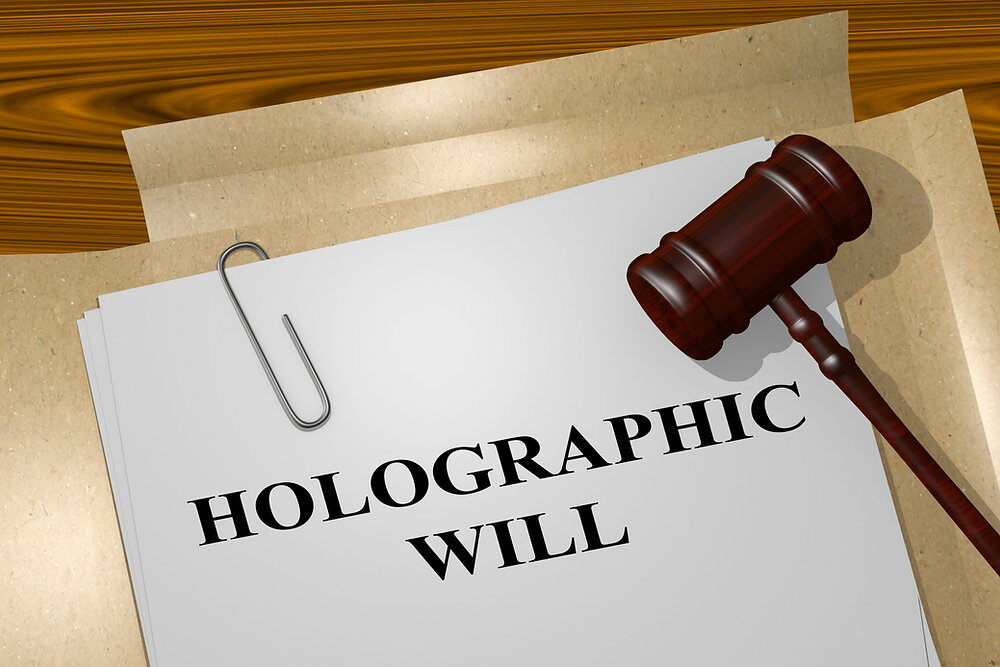By Timothy Wiseman
With some specific exceptions, Nevada recognizes a digital or electronic signature as a valid and effective signature. See e.g. NRS 719.240. Under most circumstances, this includes powers of attorney and Nevada will recognize an electronically signed power of attorney. See NRS 162A.220(1).[1] Nevada law also specifically notes that an electronically transmitted or photocopy of the power of attorney is as valid as the original. NRS 162A.230(4).
Electronically signing a power of attorney may create some complications in having the document notarized. Nevada law provides several ways to address that. First, with some exceptions, nothing in the law technically requires that a power of attorney be notarized to be effective in Nevada. See NRS 162A.220(1).[2] This is rarely a good option though. Notarized powers of attorney have a presumption of validity that a power of attorney without that acknowledgement lacks. Id. Other parties may refuse to accept a power of attorney that has not been acknowledged before a notary and the standard form for a power of attorney in Nevada contains a place for the notaries acknowledgement. See NRS 162A.360-370.[3] However, Nevada allows use of electronic notary services. NRS 240.181 et seq. An electronic notary may act remotely under certain circumstances to acknowledge or verify the document. Id.
Powers of attorney are useful tools, but there can be considerable nuance in the proper ways to prepare and use them. If you have questions about a power of attorney, you should consult a qualified attorney.
[1] Relevant definitions are contained in NRS 162A.020 – 162A.160. NRS 162A.230 discusses validity.
[2] As examples of the exceptions, powers of attorney pertaining to health care or for a person with certain intellectual disabilities including dementia must be either notarized or properly witnessed to be valid. NRS 162A.790; NRS 162A.860; NRS 162A.865; NRS 162A.870.
[3] See also NRS 162A.620 for a form which may be used to grant a power of attorney.





